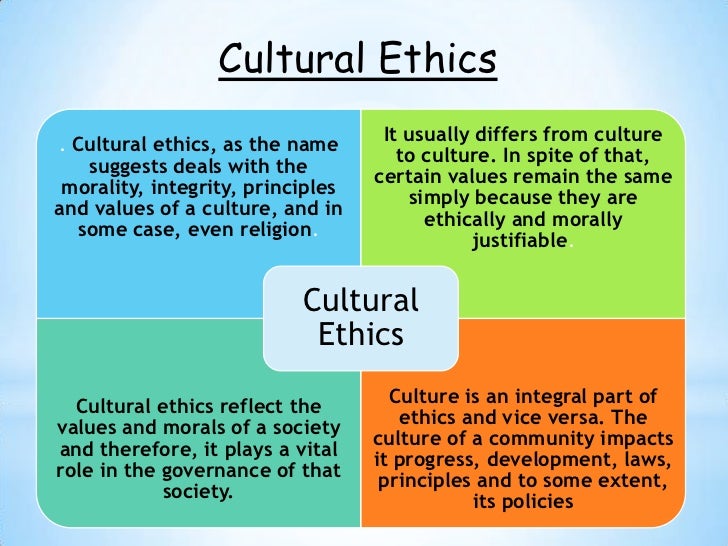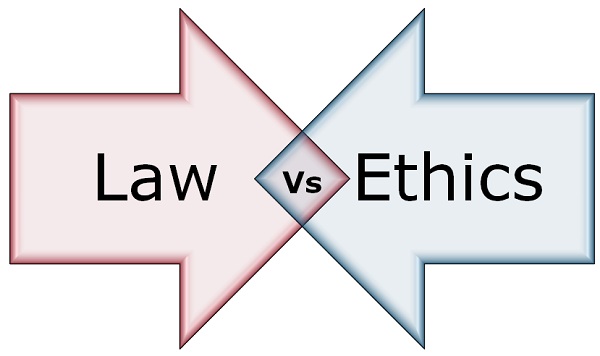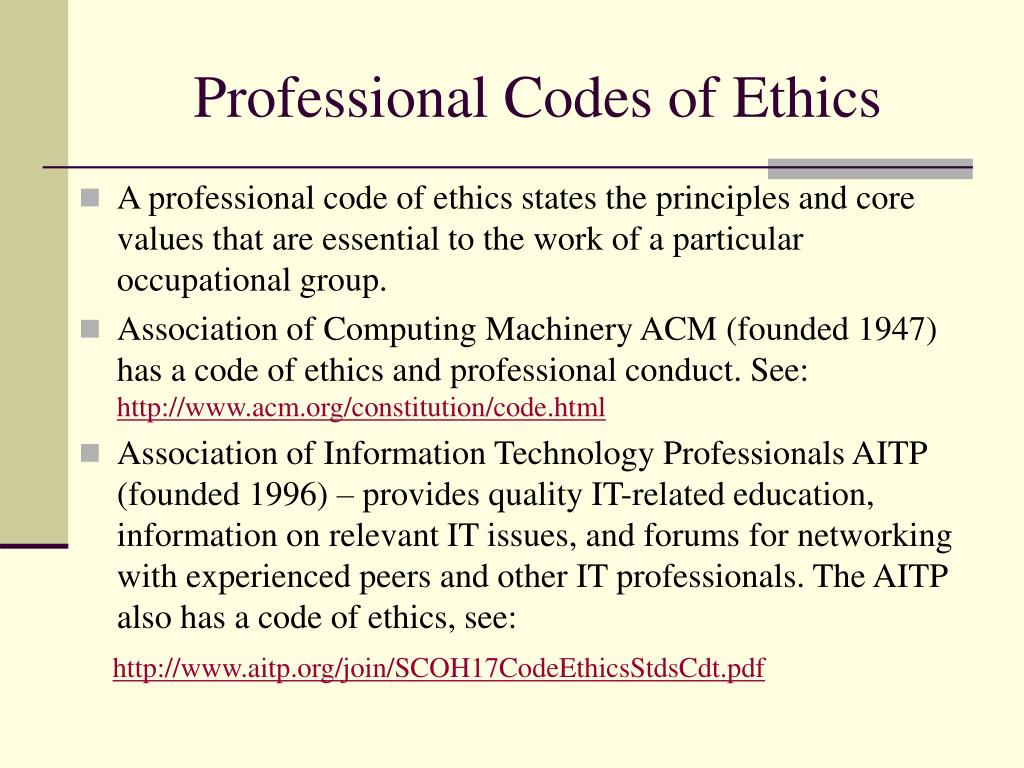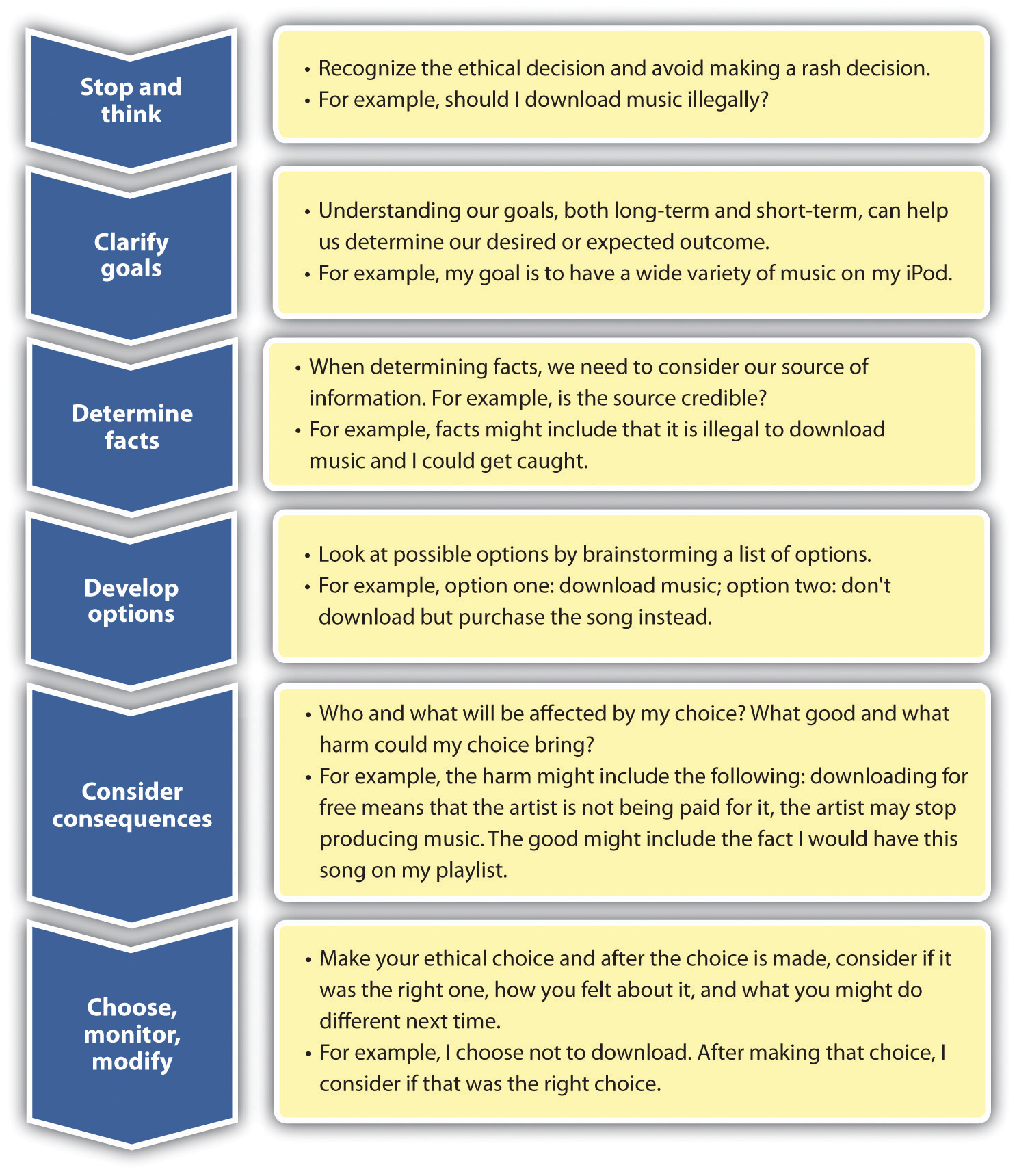How We Can Trace The Origin Of Ethics And Their Importance In Society Presentation
| Introduction | ||
|---|---|---|
| Ethics: Tracing Origins and Importance in Society Understanding the foundation of ethics and its impact on society. Exploring the relevance of ethical principles in our daily lives. | ||
| 1 | ||
| Evolution of Ethics | ||
|---|---|---|
| Ethical roots in ancient civilizations, such as Mesopotamia and Egypt. Influence of religious and philosophical teachings on ethical development. Development of moral codes and ethical theories throughout history. | ||
| 2 | ||
| Cultural Influences on Ethics | ||
|---|---|---|
| Cultural diversity and its impact on ethical perspectives. Examining how societal norms shape ethical values. Differentiating between cultural relativism and universal ethical principles. | ||
| 3 | ||
| Philosophical Approaches to Ethics | ||
|---|---|---|
| Ethical theories: deontology, consequentialism, and virtue ethics. Exploring the works of renowned philosophers like Kant, Mill, and Aristotle. How these theories provide frameworks for ethical decision-making. | ||
| 4 | ||
| Ethics and Law | ||
|---|---|---|
| Relationship between ethics and the legal system. Ethical considerations in the development and enforcement of laws. Role of ethics in shaping public policies and regulations. | ||
| 5 | ||
| Ethics in Professional Settings | ||
|---|---|---|
| Ethical codes and professional conduct in various fields. Importance of ethical behavior for individuals and organizations. Addressing ethical dilemmas and conflicts in professional environments. | ||
| 6 | ||
| Social Consequences of Ethics | ||
|---|---|---|
| Creating a cohesive and harmonious society through ethical principles. Building trust and fostering positive relationships among individuals. Promoting social justice, equality, and respect for human rights. | ||
| 7 | ||
| Personal Ethics | ||
|---|---|---|
| The role of personal values in ethical decision-making. Developing a personal ethical framework based on self-reflection. How personal ethics contribute to moral integrity and character development. | ||
| 8 | ||
| Importance of Ethical Education | ||
|---|---|---|
| Incorporating ethics into educational curricula at all levels. Teaching ethical reasoning and critical thinking skills. Empowering individuals to make ethical choices in a complex world. | ||
| 9 | ||
| Conclusion | ||
|---|---|---|
| Recap of key points: tracing the origin and importance of ethics. Recognizing ethics as a fundamental aspect of human society. Encouraging the integration of ethical principles in our personal and professional lives. | ||
| 10 | ||









